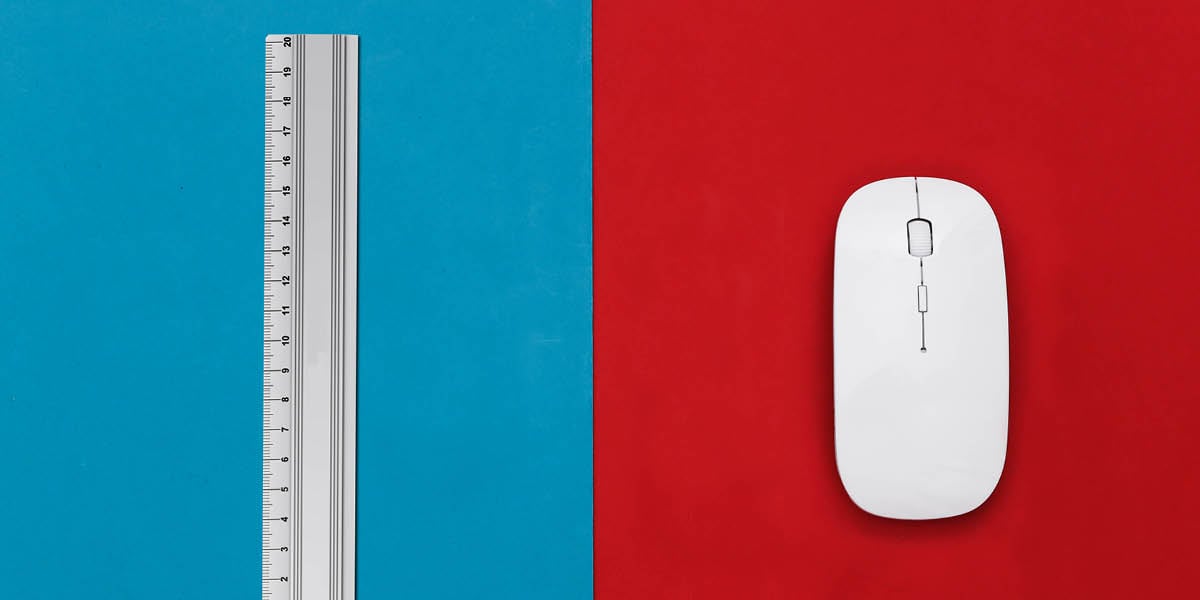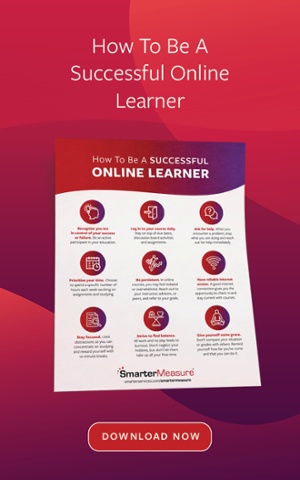
What is the ultimate measure of a college’s success? Is it the number of graduates? Perhaps in the “business of education” it is how much tuition and fees were generated by the enrollments? Or could it be some measure of public perception such as a top ranking in a national list?
In this video and blog overview, I review what the ultimate measure of a college's success is and how your institution can measure it.
Video Overview:
How should colleges measure success?
When I was enrolled in a doctoral program at Auburn University in Higher Education Leadership, this is the type of question we debated in class. Certainly, there are many measures of the efficacy of an educational institution. But I think one of the most valid measures is the professional success of the program’s graduates. After all, isn’t that why the college exists — to prepare professionals for their careers?

Assuming that this is the primary goal, shouldn’t schools be doing everything they can to craft competency among their students? Wouldn’t it be in the best interests of the schools and their students to identify gaps and support students as early as possible — perhaps even during enrollment?
Are the most prepared learners also the most professionally successful?
Thinking about supporting students early in their experience makes me wonder about what is the relationship between incoming student readiness and outgoing student workforce readiness? To what degree is it the case that the learners who are most prepared coming in emerge as the most successful professionals? Or is it the case that the transformative impact of our programs negates any early deficiencies?
As I pondered this question, I was discouraged by two realities — the data needed to answer this question is difficult to obtain and would take years to collect. The degree to which a graduate is professionally successful could take years to transpire and would be impacted by a myriad of external factors. Plus, it is often difficult to get any feedback from graduates after they complete their course of study.
The Data
At this point, I remembered an analysis we did in collaboration with Ruffalo Noel Levitz a few years ago. The study quantified the relationship between incoming student readiness and graduating student satisfaction. So, let’s make two assumptions about these graduates — they remained enrolled long enough to complete a course of study, and they are willing to provide feedback about their experiences. I think it is safe to say that these persons stand a greater chance of attaining professional success than persons who dropped out of the program due to a high level of dissatisfaction.
The analysis correlated the relationship between incoming student readiness as measured by the SmarterMeasure Learning Readiness Indicator and outgoing student satisfaction as measured by the Priority Survey for Online Learners. 
Three Findings
The analysis yielded three major conclusions.
First, there was a positive connection between expectations being met as Life Factors and Individual Attributes cumulative points increased using the SmarterMeasure Learning Readiness Indicator. Incoming students with favorable learning traits and a supportive situation in life were more likely to feel that the degree program met their expectations.
Second, not only did the program meet their expectations, but their overall satisfaction with the program was higher as Life Factors and Individual Attributes cumulative points increased.
Third, incoming students with high Individual Attributes and Life Factors were more likely to enroll again at the institution to continue their education. A person who is continuing the education in graduate school is often one who is experiencing success and recognizing opportunities for growth in their profession.
Basically, strong incoming students more often resulted in strong outgoing students.
Satisfied Graduates Are More Likely to Be Successful Professions
I was privileged to present the findings of the study that year at the fall Online Learning Consortium conference with a representative of Ruffalo Noel Levitz.
Our conclusion was that the Individual Attributes including prior demonstration of academic attributes, willingness to ask for help, persistence, control over procrastination, time management, and locus of control coupled with the Life Factors of availability of time, having a dedicated place to study, possessing a strong reason for going to school, having access to proper resources, and supportfrom others were a statistically significant predictor of Student Satisfaction.

I don’t think it is too much of a stretch to say that satisfied students are more likely to be successful students. So, if a school is serious about attaining its ultimate measure of success, then it should start early by measuring learner readiness and appropriately providing remediation and support.
If you would like to learn more about how you can use the SmarterMeasure Learning Readiness Indicator at your institution, reach out by clicking here.

.jpg)


